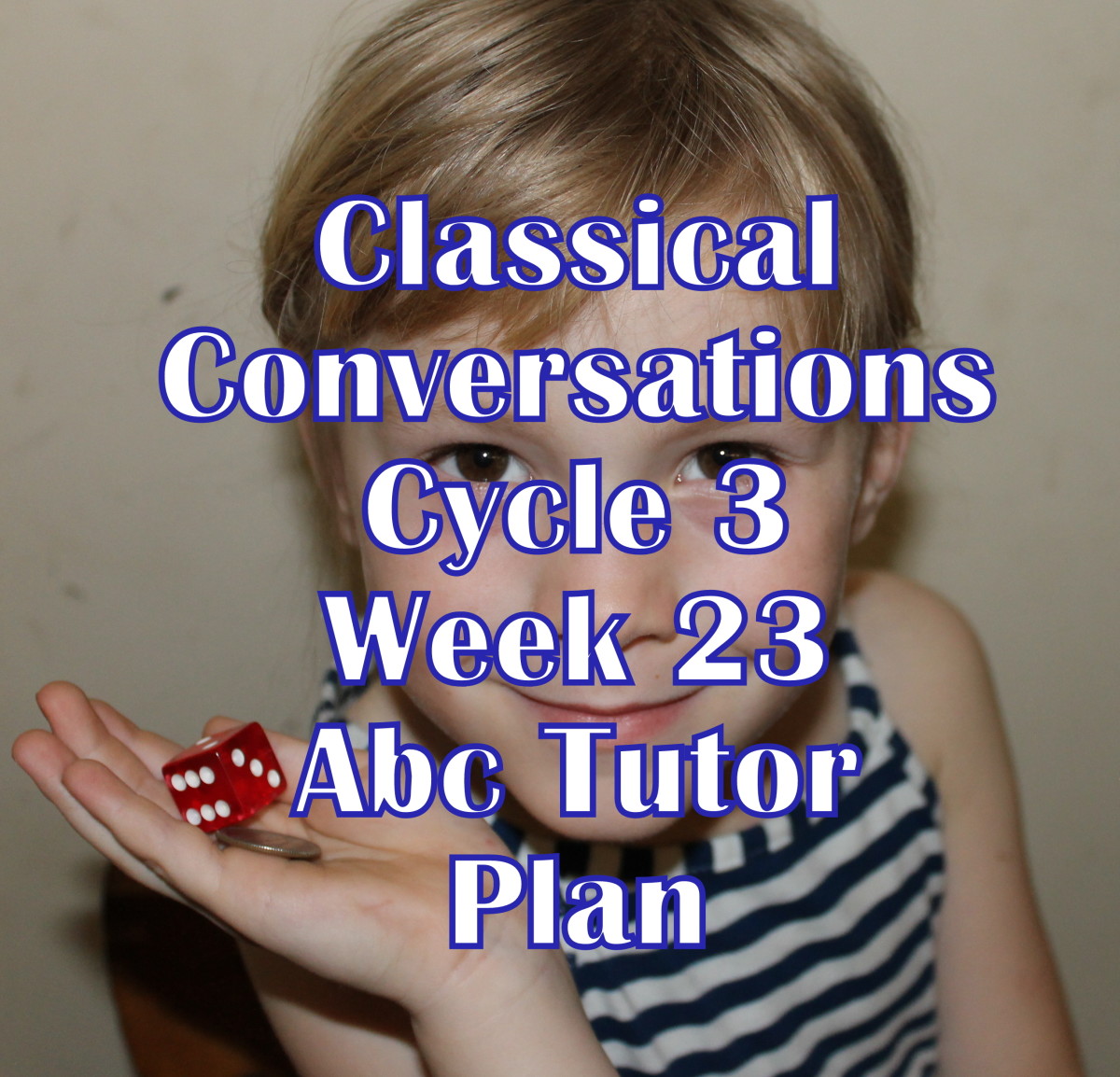Why is teaching such a hard job? Do they deserve their pay packet or long holidays?

How do people see teachers?
As a teacher I understand why so many feel the need to justify themselves and explain how hard they work. Throughout my teaching career I have faced the jokes about how easy teaching is, the short hours and the massive holidays we get.
In fact one such friend did this since we all left university. Last year one of his colleges left their job to go into teaching. Within 6 months they were back and said they had never worked so hard in their lives. They were so glad to be back there and would appreciate the job she did a lot more. And she had to take a pay cut to go into teaching!!!
I worked in industry for over 8 years before deciding I wanted a change of scenery. I too took a pay cut. In fact I had a massive pay cut of over £12,000. This was never an issue for me because I got into teaching for the correct reasons - the children, our future. I also found though, that I had never worked so hard in my life when I did become a teacher. I do tell my friends this fact from time to time to remind them.
I also have a friend who is an ex teacher. One who hated it so much he only lasted for a year so he backs me up plenty of times.
Don't get me wrong - when I am in the class and teaching there is no better job in the world. I love it and I do feel privileged to be doing it. But I do think teaching is going through an identity crisis at the moment. Yes the government are coming down on us hard, very hard but it is the public's perception of us that is a real concern to me. I don't think it has ever been at such a low.
Why is this though?
Other public sector workers do not get treated like this from the public but maybe this is the reasons behind it all:
- Everyone went to school and experienced teachers. They remember being in class and they remember the negatives; the teachers who they didn't like, the boring lessons/subjects they HAD to do and they also remembered the hours they did as a child. So they ask the question, 'how hard can it be?' without knowing all the facts.
Doctors, nurses or firefighters, all professionals, do not get treated like this. They are all over worked and underpaid like teachers and have dedicated a lot of their time in training and hours on the job to be who they are. The armed forces are all looked up to and admired for the jobs they do. And yet, of all these jobs, teaching is the one people look down upon.
The one thing we need to do as professionals is to keep on doing the amazing job that I know you are. We may not be the 'in' thing at the moment but just make sure you do what is best for those that matter. Not the government, not parents and other adults who think they could do a better job but for those children who need good guidance in their lives, who need a good male or female role-model, who are entitled to the best start to their young lives.

Teaching stressful!!!
I heard in my NQT year that when headteachers retire nearly three quarters of them die within two years. My headteacher at the time did say she never retire, something that a lot of the teachers there all groaned at. However that statistic is a sure sign of how much stress teachers receive in their career.
Is teaching a stressful job?
Do you believe teachers work too hard?
Work-life balance - what is that?
Teachers do complain about stopping up all night preparing lessons, and to be honest during a recent Ofsted visit I have know the vast majority of people around me having a few hours sleep while they prepare for the day ahead. This should never be the norm though.
I recent survey said that most teachers worked an average of 53 hours a week. This is a lot more than the just over the 20 hours spent in the classroom teaching. As a teacher you have the most important job in the classroom - to inspire, cultivate and enthuse those children in your care. Without having much sleep or actually living life a little, how are you expected to achieve that?
Life is about balance. Too much of a good thing is never good for you. Working too hard is definitely never good for you.
The trick to a work life balance is to put the onus onto pupils. They are the ones who actually do the learning so they should be doing the work. Don't stand at the front of the class and dictate the learning to children, get them up and be creative in the tasks you give them. Some of my best lessons have been me telling the children about the task they have to do within one minute and then the rest of the time just advise and guide pupils.
An example was a revision lesson when I gave each group a mindmap I created. One where each section was colour coded and lots of diagrams on to make remembering a lot easier. Their job was to come up with a presentation on what they know about the topic to the rest of the class. They had resources to give a presentation and off they went.
Teachers should have a life outside of teaching. If they do not they becoming boring people. Boring people do not teach very well. Yes our work load is huge, but no matter how much you put into teaching you will never get everything done.
Some tips on helping free some time up:
- At the start of the year, teach your class a few techniques or skills that will aid their learning. Once they know how to do this then you have ready made lessons that you can use over and over again to aid their learning. No teaching the skills, they can just get on and learn. I do this every year with talk for writing techniques - a child remembers a text with the help of them drawing pictures and putting actions to the writing. They then use this to help with their own writing - stealing or magpieing anything they can.
- Start tough on your class so they know who is boss. You can always ease up after when they know what the rules are and that you will not budge on these. Behaviour management is then easier throughout the year.
- Try to kill two birds with one stone as much as possible. If there is a task you can do which will also solve another problem then do it together. Like marking and assessing at the same time.
- Don't try and mark every book every day. Mark a group each day and get them to act on the marking the next day. If you are doing a guided writing session then there is no need to mark these - just write guided on it. Also get your TA to write the same on the children's work she/he guides with their initials.
- Find some outstanding lessons and resources that you can use a lot or at least each year. This will save time resourcing the lesson again and although you will need to tweek the lesson at least you have the ideas and can work with it. Plus if you have done it before you know what worked and what didn't.
- Homework: Send home a research activity where they have to come up with a presentation of their work. Get the rest of the class to assess their presentation and the owness is on pupil learning and very little for you to do. It also helps develop children's confidence when they have to present in front of an audience.
Stressed teachers: A short Documentary

If teaching is so easy, then why do half of teachers leave the profession after 5 years?
I am unlike many teachers; I have spent time in other industries and came into this profession late. I wasn't one of those 'lucky' people who knew from the day they could walk that they wanted to teach. Saying that, I found myself working in a school in my late twenties and the one thing I loved is going into lessons and helping out there. In fact I loved it that much that I worked extra hours to get as much time in lessons as I could. The school I worked at was outstanding in the way they bent over backwards to help me to get into teaching and I owe them a lot for this. I thought 'what amazing people to work around, I defiantly want to work around people who help each other out instead of backstabbing that I was used to.'
I did my PGCE and again loved getting into class and teaching. Actually, the time spent at university in lectures seemed a little bit like a holiday to me compared to the 'real' life of working in a school.
Then came my NQT year. I worked seven days a week for two and a half terms. I wanted the best for my first class and I found myself never being able to shut off with little ideas of how I could improve this or how a member of the class could try this to help them out. I loved every minute of it though and didn't mind how much I was working. Then I had the dreaded ofsted inspection. I was observed in every lesson I did (being a small school) and although I received some very good feedback, which I was really pleased with, something gave in me then. It was like I had given so much that I had burnt myself out. That was the first time I asked myself 'I don't know if I really want to do this anymore'.
I had the usual feelings all through my NQT year that I wasn't ready mentally or ready to have my own class with what I knew about teaching. I also had feelings of no matter how hard I worked or how much I put in, it didn't seem like it was ever enough. I also realised very quickly about the how little praise you get for the job you do. Not that that it is needed; I am strong enough to know if I have done a good job or not. The thing with teaching is that it seems that management operate the opposite way to how we teach - we are told to give lots and lots of praise in order to boost children and show others what we want and leave negative comments to a minimum. Management seems to come down on you hard if things were not complete on time or if you actually get things wrong (again I teach my class that it is ok to make mistakes as long as you learn from this). I saw first hand that it was expected for us teachers to be perfect. This pressure comes surprisingly from within as well as from parents and government though

Yes we get a lot of observations as teachers (something most professions do not have to deal with. I'm sure unions would be in an uproar if people started to get observed doing their jobs on a monthly basis) but this doesn't bother me. I use the feedback to help me in my teaching and try and improve that way. Instead it is the constant day to day things that get on every teachers nerves. The briefings that remind you of your workload and those millions of things not done. The constant emails that tell you what to do and when they need it for. The million and one things you should be doing in every lesson to be classed as 'outstanding' that you never have chance to implement or they do not work with your class. The constant change of the goalposts. And of course there was always the realisation that when the children have gone home I was still facing 3,4 or even 5 hours of work ahead of me.
Don't get me wrong, when I am in class and teaching these children it is the best job in the world. When you can see that you are helping another person and it really does make a difference then nothing will ever beat that.
The one thing that does get to me however, is this constant feeling that no matter how much I put in, it is never enough. Teaching is tough that is for sure but is it that bad that half of all teachers who enter the profession leave within the first five years?
Another fact is that 404,600 fully trained teachers under retirement age are no longer teaching. That is nearly half of all qualified teachers in England that are not actively teaching. And this statistic is getting worse - 47,700 teachers left their jobs in the year 2010-11 compared to 40,070 in 2009-10.

I hear a lot of teachers say that teaching is more stressful, they have a lot more pressure and they have a bigger work load now than they have ever had in the past. This when unions like NUT are calling for a greater work/life balance for teachers. I hear too many stories of teachers burning themselves out and appalling student behaviour. This is not just hear-say as a recent survey for NASUWT showed that 84% of teachers felt demoralised and de-professionalised. It went on to say that over 50% of teachers had seriously considered leaving the profession in the last 12 months.
I do not agree with Micheal Gove's policies on education and believe it is those that are cause for a lot of stress in the profession however he did say, "The government must take responsibility for driving so many experienced professionals out of the classroom by tying their hands in red tape and watering down their powers to keep order."
Being a politician this was only an attack on the previous government though. If only politicians acted on the few true words they speak!
What reasons could there be other than the workload and stress for people to leave?
- Of course a lot of these figures can be made up of woman who leave because they are raising a family. This is not shown with the relatively small number of people who come back to the profession though after leaving.
- Other reasons could be that some of these teachers are just not very good. So it is a good thing that they leave. No one should be in this profession if they are failing the children.
- There are people who believe the average jo who says that teaching is easy with all the holidays and you get to go home at 3pm. These people soon learn the truth and don't last long however!
- Workplace bullying - this I have never come across but it does happen in every industry in the world. In schools the community tends to be small so it can effect the victim more. With all the stress of teaching you want to talk to those who understand it rather than face abuse from them.
- Student abuse. I have worked at plenty of rough schools but you never get used to be told to 'f*ck off' when you ask a student to do something. I have heard stories of teachers being punched and kicked as well as one incident that a teacher got stabbed. I think we should get danger pay when faced with this!

I keep saying it, but if it was only teaching in the classroom then teaching would be perfect. I love this part of the job. However, there is always something that about a job you will not like. Maybe the workload on top of teaching and the stress is something we have to put up with if we are to carry on enjoying life in the classroom.
If I am honest I don't see life getting any easier for us. Just make sure you are in the right school for you and most importantly you rely on the people around you as they are the ones who know the job better than anyone else. And lets face it, is there any better stress relief than moaning about all those things that annoy you to people who understand?









